
Similar Posts
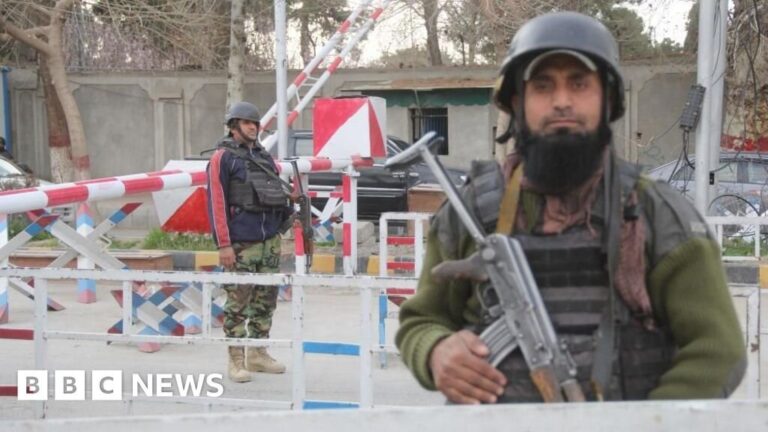
Heroic Rescue: Over 100 Passengers Freed from Pakistan Train Siege
The recent attack on the Jaffar Express Train in Balochistan, claimed by the Baloch Liberation Army (BLA), has heightened security concerns in the region. The militants bombed the railway track and stormed the train, resulting in the deaths of at least 16 militants, though these figures remain unverified. Approximately 100 passengers were rescued, with 17 sustaining injuries. The BLA has threatened to execute hostages unless their demands regarding Baloch political prisoners are met within 48 hours. Ongoing rescue operations face challenges due to intense gunfire and the train’s remote location, emphasizing the region’s volatile situation.
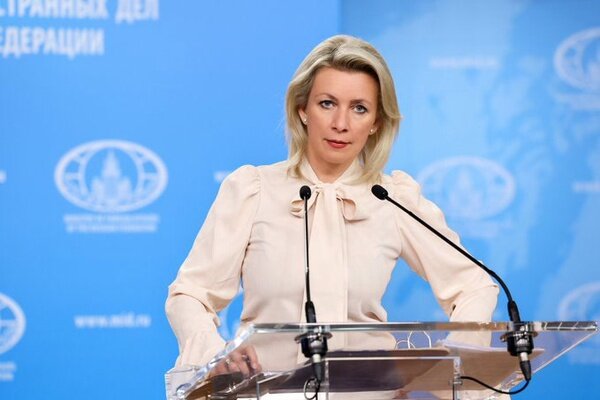
Russia Condemns Trump’s ‘Unacceptable’ Threat to Bomb Iran: Tensions Rise
Recent discussions on Iran’s nuclear program have heightened tensions, particularly regarding threats from foreign entities targeting its nuclear infrastructure. Russia’s Foreign Ministry condemned military threats against Iran as illegal, emphasizing the dire consequences of such actions. In contrast, former U.S. President Donald Trump issued aggressive warnings regarding potential military action if negotiations fail. Iran has been actively engaging in diplomacy, urging international bodies to address these threats to prevent catastrophic outcomes. Both Iran and Russia stress the importance of resolving conflicts through dialogue rather than military means, highlighting the need for global leaders to prioritize diplomacy to ensure regional stability and peace.

Breaking: Iran’s Chief Diplomat Visits Italy’s Foreign Ministry for Key Talks
Iranian Foreign Minister Abbas Araghchi arrived in Rome for indirect negotiations with the U.S. regarding Iran’s nuclear program and sanctions. Following the initial talks in Oman, this second round will involve communication through mediators, with Oman’s foreign minister facilitating discussions. Both parties aim for a swift agreement, emphasizing a productive atmosphere during talks. American officials echoed Araghchi’s sentiments, highlighting a commitment to resolving longstanding issues. These negotiations could significantly reshape U.S.-Iran relations and have broader geopolitical implications, as both nations seek to address the critical concerns surrounding Iran’s nuclear ambitions and international sanctions.
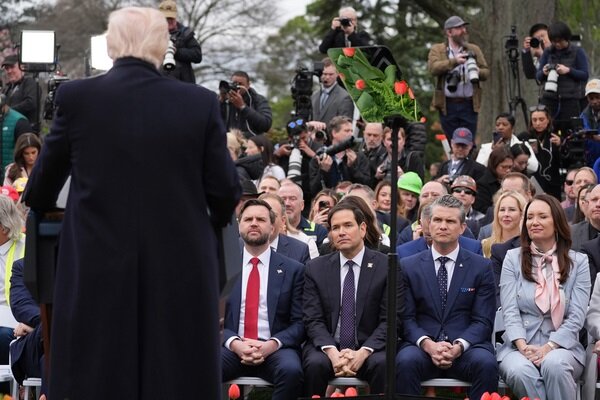
Trump Dismisses Security Officials Amid Allegations of Disloyalty: A Bold Move in Political Turmoil
President Trump has addressed the impact of Laura Loomer on staff changes within his administration, emphasizing loyalty as a key criterion for retaining team members. During an Oval Office discussion, Loomer urged Trump to dismiss staff she deemed disloyal, leading to recent firings that have sparked media discussions. Trump affirmed his strategy, stating, “We’re letting go of people… that we don’t think can do the job.” Loomer’s advocacy suggests her increasing influence in personnel decisions, reflecting a focus on ideological alignment with Trump’s agenda. These developments highlight ongoing themes of loyalty and accountability within the political landscape.
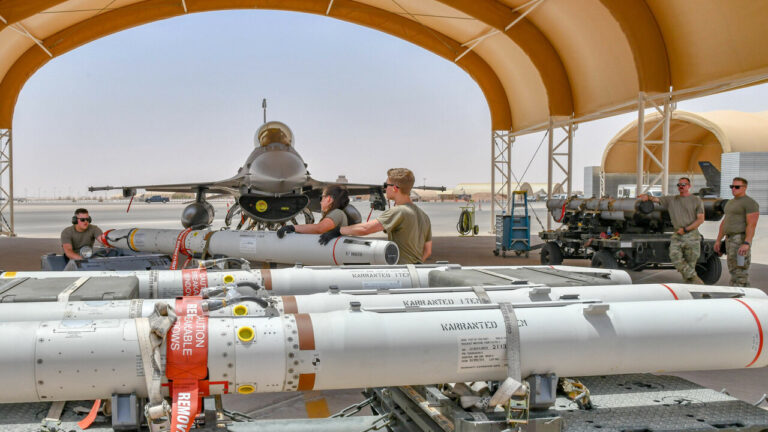
Yemen Imposes Sanctions on 15 Major US Weapons Manufacturers: What It Means for Global Arms Trade
Yemen’s Humanitarian Operations Coordination Center (HOCC) has imposed sanctions on several companies supporting what it calls the “usurping Zionist entity” amid escalating conflict in Gaza. The sanctions, reported by Yemen’s News Agency SABA, target firms accused of supplying arms and military resources to Israel, implicating them in war crimes and genocide against Palestinians since October 7, 2023. The Yemeni government views these sanctions as vital for undermining Israel’s military capabilities while responding to the humanitarian crisis in Gaza. The Yemeni Armed Forces have also intensified operations, disrupting Israeli economic interests, and calling for international intervention to address the violence.
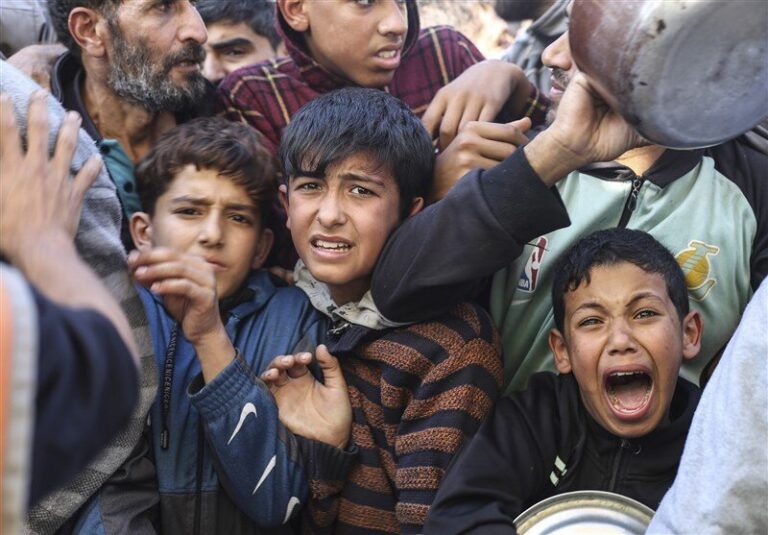
Global Inaction: A Disastrous Failure in Gaza’s Crisis Response
The humanitarian crisis in Gaza has worsened since March 2015, with the Israeli regime blocking essential supplies like food, water, and medicine. This suffering, largely ignored by global leaders, raises urgent questions about accountability. Disturbing images of children in despair and families mourning loss highlight the human cost of the conflict. Many students advocating for Gaza have faced backlash, raising concerns about free speech. The situation transcends religious divides, calling for collective action against violence. The international community must reassess its response, educate on the conflict, and support NGOs to alleviate suffering and advocate for justice.